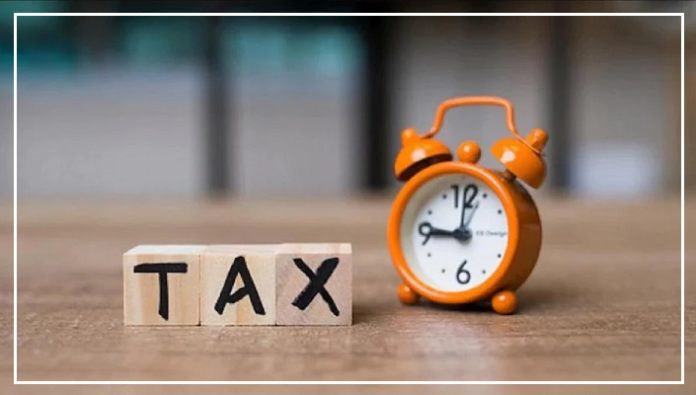Employees often face challenges when claiming tax refunds without the necessary documentary proof to support their claims.
Many individuals seek assistance from chartered accountants to file for refunds, even when they lack the required documents.
Nagachandra Reddy, a Chartered Accountant and Founder of Somu & Associates,
highlights that employees often fail to provide the necessary documentation when asked to file their returns.
Section 80G of the Income Tax Act allows for 50-100% tax exemption on donations made to charitable institutions.
Additionally, physically challenged taxpayers can avail deductions ranging from 75,000 to 1.25 lakhs under Section 80U.
While it is possible for such returns to be processed and tax refunds issued,
individuals without documentary proof may face scrutiny or receive notices from the income tax department after six months or a year.
To avoid potential trouble, it is advisable to keep all relevant papers safe even after the income tax return has been processed.
Having evidence readily available can help individuals defend themselves against future notices.
Annual Information Statement (AIS) makes it challenging to make changes to the information entered in the return form.
AIS includes information provided by employers, banks, mutual funds, and registrars.
Chetan Chandak, Director of TaxBirbal, emphasizes that AIS contains vital details that many people tend to overlook.
Therefore, providing accurate information when declaring income or claiming deductions is crucial to avoid complications later on.
Increasing Complexity of Income Tax Returns for Salaried Individuals
With the rising popularity of mutual funds and stock trading, a growing number of employees now need to report capital gains and profits from equity trading.
This additional complexity has extended the time required for the return filing process, as confirmed by chartered accountants and tax professionals.
Chandak explains that AIS displays all sources of income for individuals.
Previously, some people may have omitted mentioning interest or any capital gains from their savings account.
However, with all transactions and income sources traceable through AIS, chartered accountants now request comprehensive documentation,
making the information-sharing process more intricate.
In recent years, it has been observed that many employees have begun trading in futures and options segments of stocks as well.
This necessitates more detailed information, and individuals may need to use the ITR-3 form designed for business and professional individuals.
Reddy points out that the process has become complicated, especially since employers issue Form 16 by June 15.
This leaves accountants with only 45 days to complete the return filing process, increasing the risk of errors due to time constraints.
There have been requests to extend the filing deadline to August 31, but the likelihood of such an acceptance remains uncertain.
